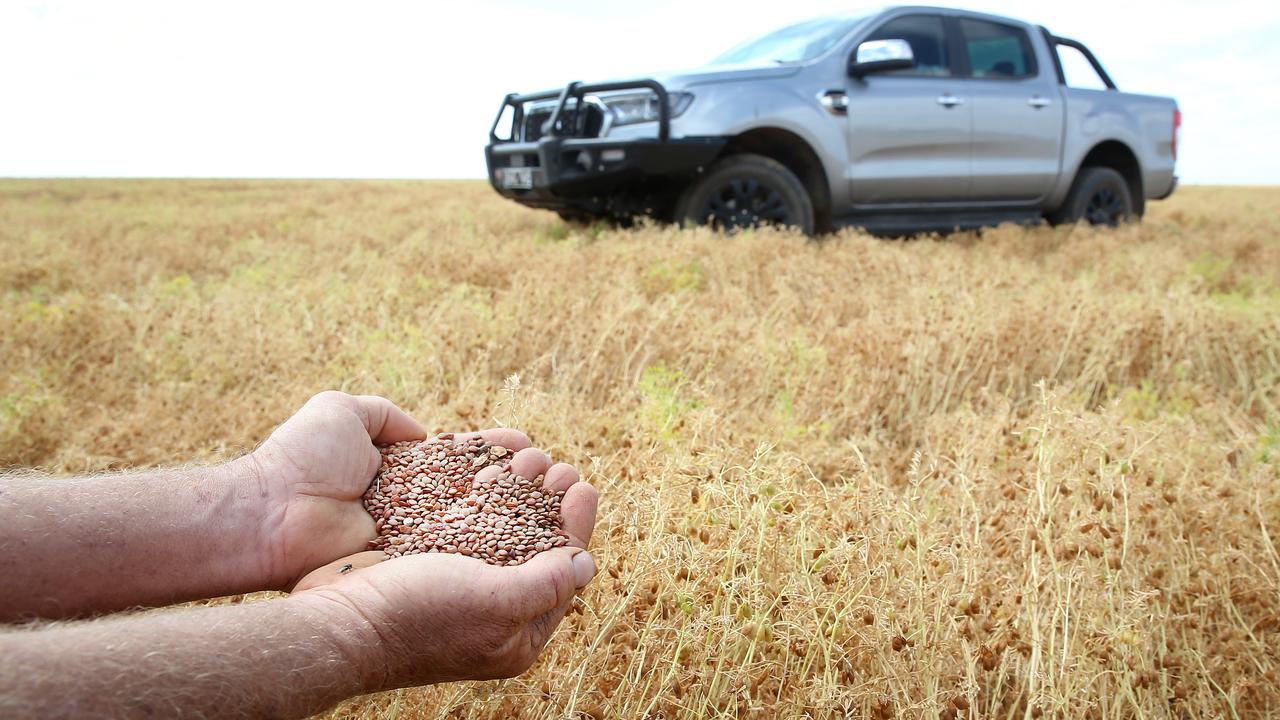Red Sea standoff: Australian farm inflation pressure expected
With no end in sight for the Red Sea stand-off, the price of diesel and European-sourced farm supplies are set to soar.
Australian farmers are bracing for a spike in on-farm inflation with the Red Sea stand-off making a maritime choke point impassable.
The price of diesel and European-sourced farm supplies are set to soar with no resolution in sight to make Bab-el-Mandeb strait navigable following an escalation in tensions.
Last month, the US set up a multinational naval taskforce for the Middle East in response to a flurry of missile and drone attacks by Yemen’s Iran-aligned Houthi rebels on merchant vessels.
This week, a Marshall Islands-flagged container ship was on fire for several hours in the Gulf of Aden after being hit by a missile fired by the Houthis.
It was extinguished without casualties but the high risk to vessels has left freighters on high alert, pushing them to a fortnight-longer trek around Africa.

Dairy Farmers Victoria president Mark Billing said inflationary spikes in both 2020 and 2022 hit farmer hip pockets.
“The inflation that flowed on from the Covid lockdowns in 2020 and then the Russian invasion of Ukraine in 2022 did put a lot of cost pressure on farmers,” he said.
“It’s not just diesel and fuel. Fertiliser and components for farm machinery spiked with the Ukraine situation.
“It’s difficult to tell at the moment if the same will occur now but there are reports of a doubling in container shipping costs, so that will flow through to the customer you’d expect.”
The Bab-el-Mandeb strait – a 30km-wide waterway that connects the Suez Canal and Red Sea with the Indian Ocean – is the main shipping route between continental Europe and Australia.
At least 10 days are being added to shipments between Australian and European ports, with vessels already re-routing around the Cape of Good Hope.





